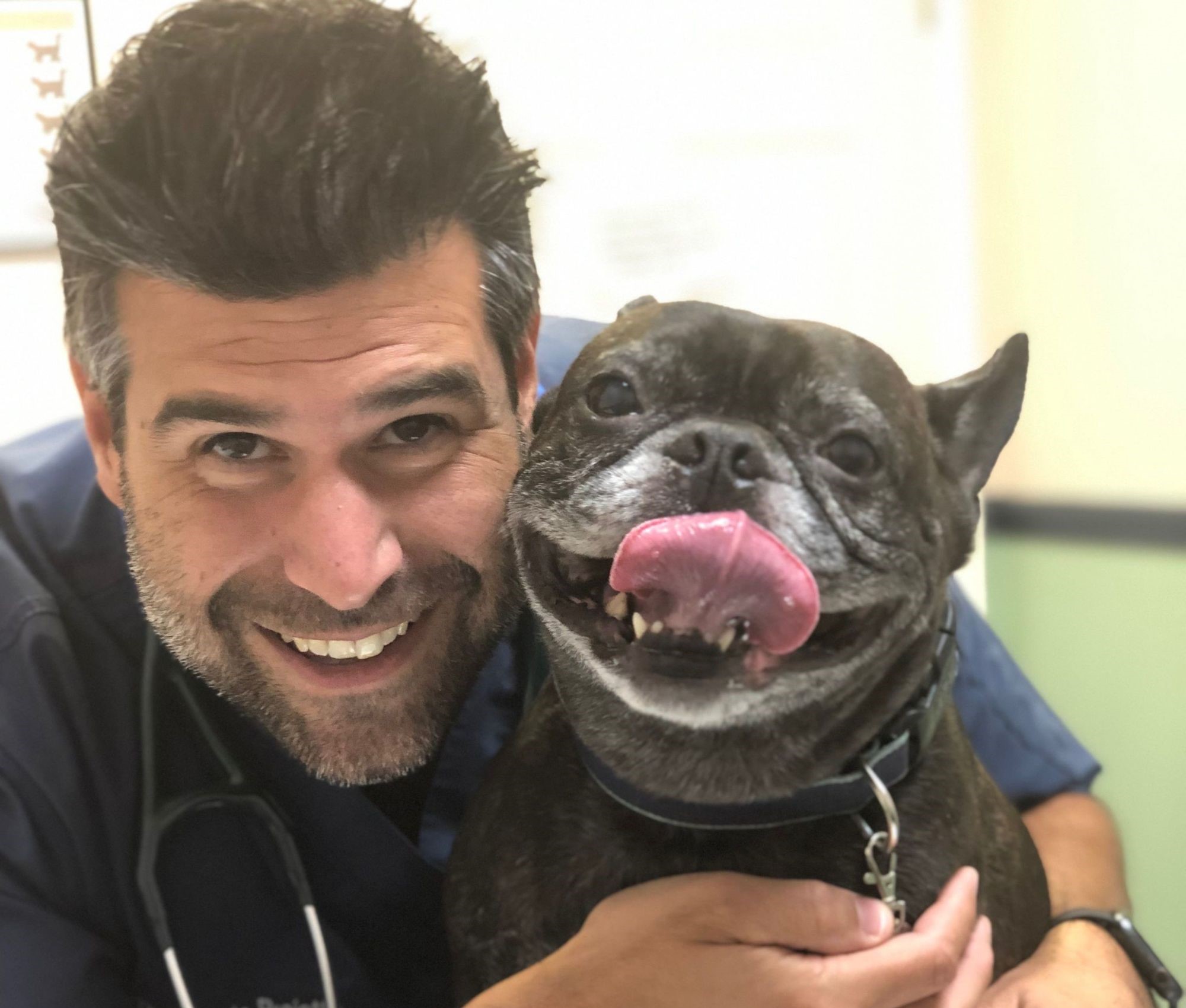Histiocytic Sarcoma: One of the Most Aggressive Cancers
Histiocytic sarcoma (HS) is an aggressive cancer originating from white blood cells called histiocytes that are involved in the immune system. There are three main forms, (1) localized, which presents, at least initially, at a single site such as the bones, joints, or lungs, (2) disseminated, which involves multiple organ systems at diagnosis, and (3) hemophagocytic, characterized by cancerous histiocytes destroying blood cells. HS can affect almost any organ, with certain breeds being more susceptible. The localized form is typically treated with surgical removal and chemotherapy drugs like lomustine, doxorubicin, and others, while the disseminated form is typically not surgical and most often primarily treated with chemotherapy. The prognosis varies, with disseminated HS being very poor, localized cases averaging 3-4 months, but a subset achieving longer-term survival with aggressive treatment.
Treatment Options
For the localized form of HS, surgical removal of the affected area (skin, bone, joint, or spleen) is recommended. Various chemotherapeutic drugs have been used in treatment, including lomustine (CCNU), doxorubicin, or combinations of these drugs. Liposome-encapsulated doxorubicin (Doxil®) has shown promising preliminary results but is often limited by high costs.
Several publications have identified mutations in canine HS that may provide hope for benefit from targeted therapies. In particular, a recurrent mutation in a gene called PTPN11 has been reported in some Bernese Mountain Dogs and Flat-coated Retrievers with HS. This alteration has led to the investigation of targeted interventions including a current clinical trial at a prominent veterinary academic institution. The DNA sequencing diagnostic from FidoCure can evaluate patient tumor tissue for this mutation as well as others that may add prognostic or treatment information.
Other drugs that have yielded positive responses include vinorelbine, epirubicin, and dacarbazine. Dogs undergoing chemotherapy often receive corticosteroids as a complementary treatment. Additionally, zoledronate, a bisphosphonate medication, has been incorporated into the treatment regimen in some cases. Palliative care with prednisone is a common option for dogs with disseminated histiocytic sarcoma not pursuing chemotherapy given the prognosis.
Prognosis
The prognosis for dogs with disseminated histiocytic sarcoma is generally poor, with a short life expectancy. Localized HS can progress more slowly, with a life expectancy of 3-4 months, but can be painful and significantly impact the dog's quality of life. However, a subset of dogs with localized HS treated with aggressive surgery and chemotherapy can enjoy long-term survival, on average 1.5 to ~3 years. The prognosis for hemophagocytic histiocytic sarcoma, or HS affecting the spleen, is considered particularly grave.
Sadly, the genomic evaluation of tumors from canine patients diagnosed with HS has yielded common mutations associated with poor prognosis in humans. With additional investigation, the absence of these mutations in a patient’s tumor may help veterinarians and pet owners identify patients with the best chance of a positive outcome.
For the most accurate prognosis and treatment recommendations for your dog with histiocytic sarcoma, consult your veterinarian or a veterinary oncologist. They can provide personalized guidance based on your dog's specific case, considering factors such as cancer stage, grade, tumor location, and concurrent health issues.


